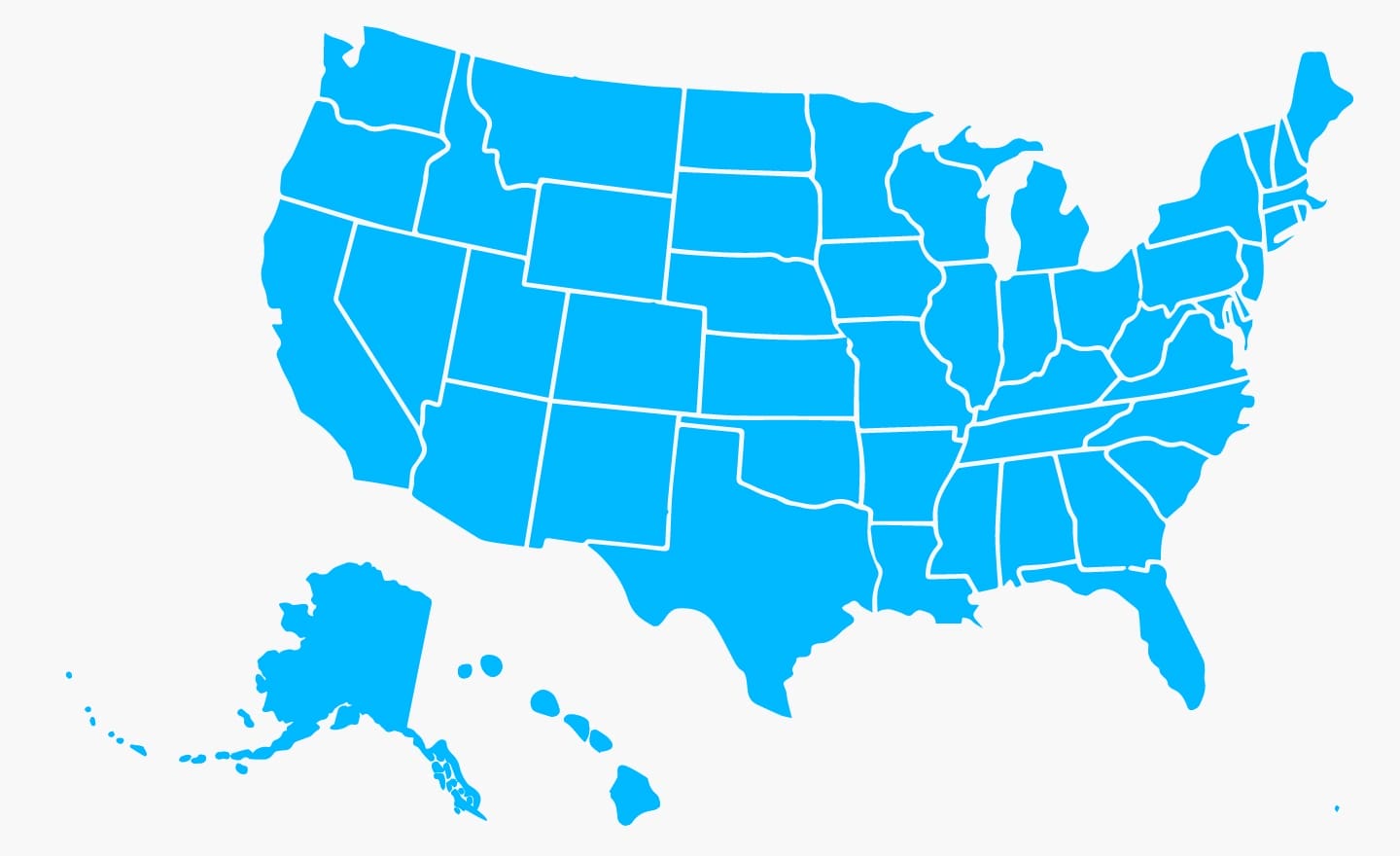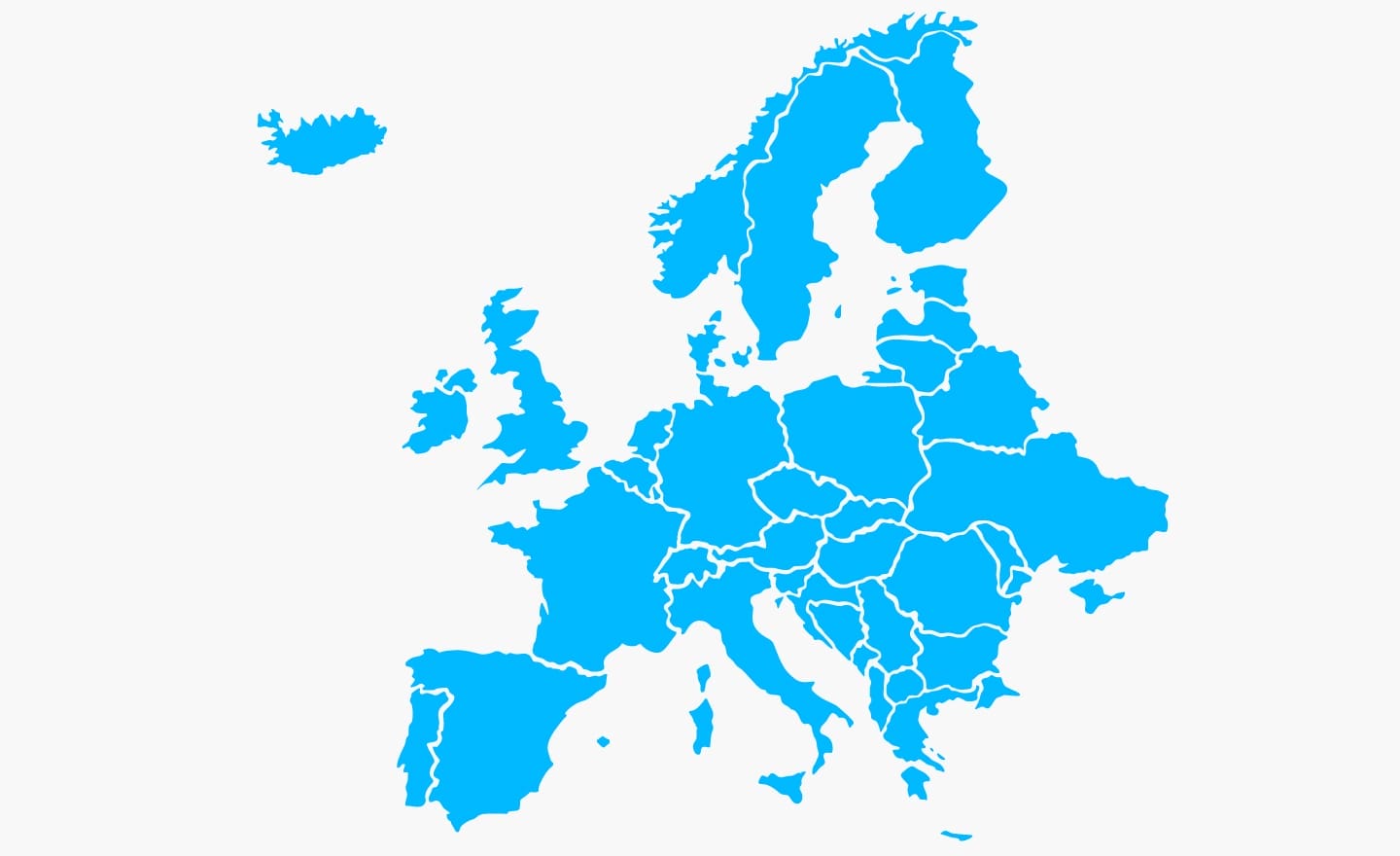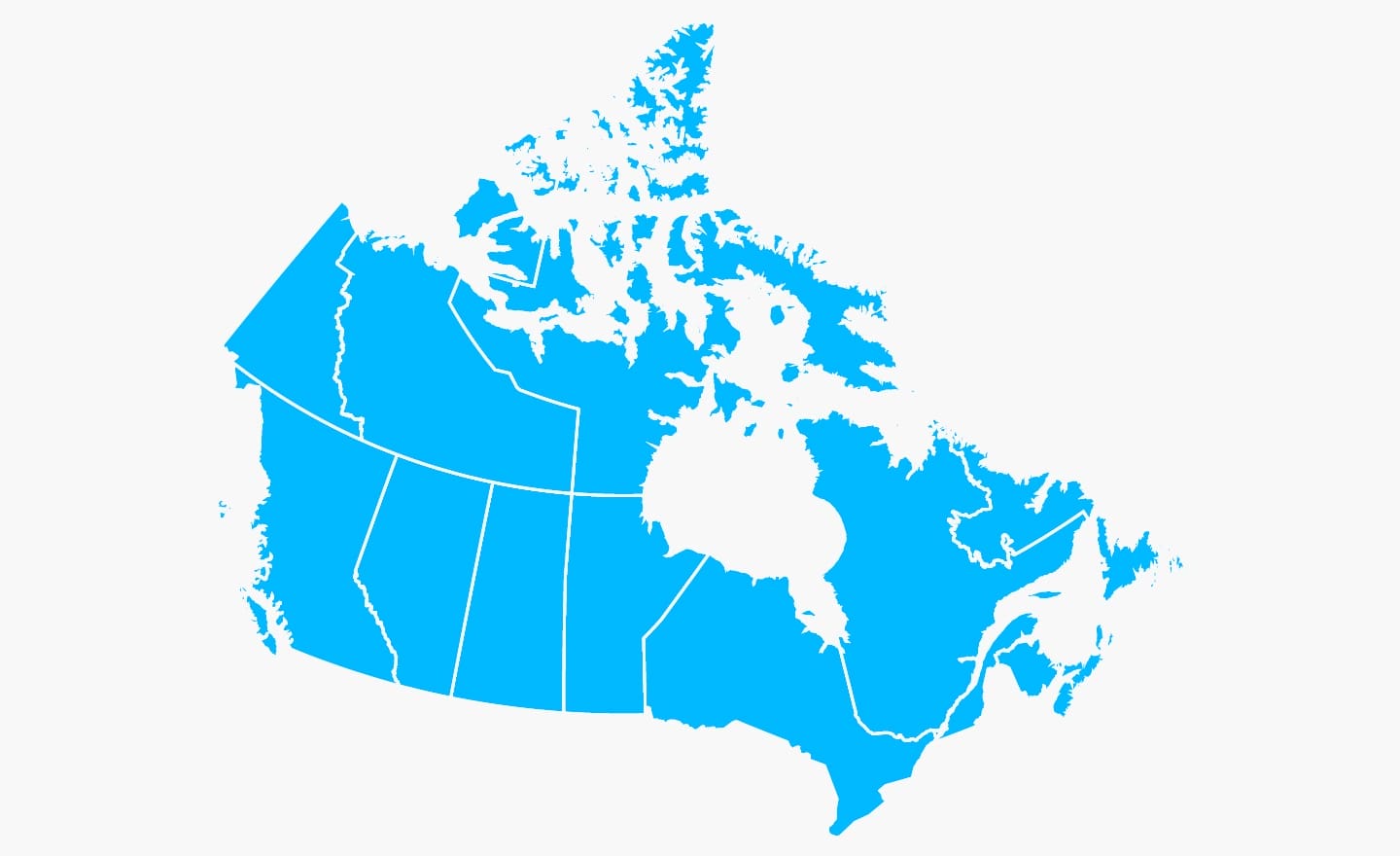Regulation
TSG Consulting helps clients navigate business-critical risks around the world, by providing expertise and insight in science and product regulations.
US - Federal
TSG provides federal, state and international expertise on a wide range of scientific and regulatory issues. With experts in regulatory affairs, toxicology, ecotoxicology, residue and metabolism, environmental fate, efficacy, and risk assessment, TSG supports the registration, compliance, and defense of chemically related products. Our federal services support chemical products that are regulated and registered at the federal level under key federal acts and by federal agencies such as EPA.

Pesticide regulation

The Federal Insecticide, Fungicide, and Rodenticide Act (FIFRA) is the federal statute governing US pesticide regulation. In order for a pesticide product to be sold or distributed in the US, it must be pre-approved and registered with the U.S. Environmental Protection Agency (EPA), and in each individual state and US territory.
Chemical regulation (TSCA)

The Toxic Substances Control Act (TSCA) grants EPA authority to collect data on chemicals used to evaluate, assess, mitigate and control risks that might be posed by their manufacture, processing and use. TSCA provides a variety of control methods to prevent chemicals from posing unreasonable risks.
Conventional pesticides

Biopesticide regulations

Biopesticide products require pre-approval from US EPA before being offered for sale and are evaluated based on their chemistry, toxicology and product performance (if pests are considered public health) using guidelines established under FIFRA.
Treated articles

Treated articles are regulated by the US EPA. While treated articles are exempt from registration under FIFRA, there are strict rules surrounding their use.
Pesticide device registration

A pesticide device is an instrument or contrivance that is used to destroy, repel, trap or mitigate pests such as insects, weeds, rodents, birds, bacteria, viruses, and fungi that are not on living humans or animals.
Antimicrobial regulation

US EPA regulates antimicrobial pesticides separately from conventional pesticides and biopesticides. Antimicrobial pesticides are substances or mixtures of substances that prevent, destroy, repel or mitigate microorganisms on inanimate objects and surfaces.
Topical antiseptic products: hand sanitizers

US FDA regulates over-the-counter (OTC) consumer antiseptic products such as hand sanitizers used as antiseptic rubs, and antibacterial soaps intended to be used with water and rinsed off after use.
Antimicrobial efficacy (microbiology/virology)

US EPA requires that all antimicrobials intended to kill or minimize microorganisms must provide efficacy data to support product label claims. Antimicrobial efficacy is inclusive of disinfection, sanitization, and preservation among other product claims.
Food additives, GRAS, and food contact compliance

The Federal Food, Drug and Cosmetic Act (FFDCA) requires that human food and animal feed be safe for consumption, prepared in sanitary conditions free from harmful substances, and be properly labeled.
Animal health

Design for the Environment (DfE) Certification

Eco-label regulatory support for the antimicrobial industry.
US - State
TSG offers state registration and renewal services for chemical products. Products, such as pesticides, are regulated federally but also need to be registered in each state that they are to be marketed and TSG can manage the registration process and then the renewal processes to ensure products remain compliant. Conversely, there are some products which are regulated solely at the state level (such as fertilizers and animal feed) with which we can assist. Additionally, there are some state-specific initiatives, such as Proposition 65 in California, which you may need assistance in addressing.

State pesticide registration & renewal services

Obtaining state registrations is a necessary step in bringing your federally registered product to market. Before a pesticide may be offered for sale, the product must be registered in each state where it will be sold.
Fertilizer regulation & tonnage reporting

Fertilizers and amending materials are regulated at the state level rather than by the Federal Government. The Association of American Plan Food Control Officials (AAPFCO) is an independent organization of state control officials that work together to develop a degree of uniformity between states on their regulatory guidelines. Due to the nature of guidelines, each state still maintains its own laws and regulations.
Animal feed regulations & tonnage reporting

Animal feed, which includes food for dogs, cats and other pets, is regulated at the state level in cooperation with FDA and AAFCO. Each state has its own procedures for registering products, product renewals, labeling requirements, and collection of tonnage fees based on sales.
Seed registration and renewal Services

Simplifying seed registration and renewals in the USA by managing state-specific requirements, deadlines, and reporting. Our experts ensure compliance, reduce administrative burden, and mitigate risks for clients.
California Proposition 65

California's Proposition 65, also called the Safe Drinking Water and Toxic Enforcement Act, requires the state to publish a list of chemicals known to cause cancer or birth defects. Businesses face issues if they fail to label products that contain listed substances appropriately under Proposition 65.
CDMS / Agrian input verification

CDMS and Agrian are product databases providing critical agro-chemical product information to the agricultural industry. Prior to additions or changes going live on the databases, a registrant must double-check all of the inputs made on the systems.
Europe
TSG provides regulatory and scientific support on the use and approval of a wide range of chemical substances and products. We have strong teams of regulatory experts and scientists focused on the regulatory initiatives across the EU which determine safety and market access. Whilst most regulations stem from the EU, some approval processes are dealt with in the Member States. To meet the challenges this represents we have established a network of offices across Europe.
We have offices in Spain, Germany and the UK, as well as a presence in France, offering local knowledge, language and forging relationships with government authorities and agencies. The model is straightforward and has proven to work well on behalf of our clients for many years.

EU REACH regulation

REACH (Registration, Evaluation, Authorisation, and Restriction of Chemicals EC/1907/2006) is one of two key areas of regulation governing chemicals in the European Union. Introduced to mitigate risk of hazardous chemical substances to human health and the environment, its rules may apply to any company that imports, manufactures or uses chemicals or articles in the European Economic Area.
UK REACH compliance

Substances, on their own or in mixtures, that are imported into the UK in quantities greater than 1 metric tonne per year will need to be registered with the UK Health and Safety Executive (UK HSE) unless an exemption applies.
CLP regulation

The other key regulation that governs chemicals in the European Union is CLP Regulation (Classification, Labelling and Packaging). CLP legislation requires all importers, manufacturers and downstream users to classify, label and package substances and mixtures adequately before they can be placed on the market.
Plant protection products regulation & the AIR programme

EU biocides regulation

The Biocidal Products Regulation 528/2012 (EC) concerns market access and use of biocidal products in the European Union. The regulation covers a very diverse group of products including disinfectants, non-agricultural pest control products, and preservatives.
GB biocides regulation

The GB Biocidal Products Regulation (GB BPR) is the primary regulation governing the placing of biocidal products on the GB market.
Cosmetics regulation

The introduction of Regulation (EC) No 1223/2009 which came into force on July 11, 2013, imposes stringent procedures on organizations involved in cosmetics and personal care products. All cosmetic products being marketed within the European Union have to be registered on the new Cosmetic Products Notification Portal (CPNP).
Food contact materials

In Europe, Framework Regulation (EC) No 1935/2004 lays down the general rules covering all food contact materials, whilst the Good Manufacturing Practice (GMP) Regulation (EC) 2023/2006 covers the methods and procedures under which the materials are produced.
Hand sanitiser regulations

Biocidal hand sanitisers and handwashes placed on the market in the EU are regulated under the Biocidal Products Regulation 528/2012 (BPR).
European presence
Click below to view more detail about some of the countries in which we operate.
Canada
TSG provides clients with regulatory, scientific and compliance assistance on a broad spectrum of chemical-related issues to help companies market and use products in Canada.

Pesticides (PMRA)

Canadian pesticide registration is a complex process that involves the evaluation of ingredients, extensive testing to determine the potential risks posed to human health and the environment.
Disinfectants and sanitizers

Antimicrobial products such as sterilants and disinfectants intended for use on environmental surfaces, inanimate objects, and to reprocess medical devices are regulated as drugs under Health Canada’s Food and Drugs Act because they decrease the chance of transmitting disease.
Antimicrobial efficacy (microbiology/virology)

Health Canada requires that all antimicrobials intended to kill or minimize microorganisms must provide efficacy data to support product label claims. Antimicrobial efficacy is inclusive of disinfection, sanitization, and preservation among other product claims.
Chemical substances

Under the Canadian Environmental Protection Act (CEPA), all chemical substances new to Canada must be assessed for human health and environmental risks before manufacture or import to Canada and may require Notification under the New Substances Notification Regulations (NSNR).
Fertilizers (CFIA)

Some fertilizers and most supplements are subject to registration and require a comprehensive pre-market assessment prior to their import and/or sale in Canada.
Cosmetics

The Cosmetic Regulations of the Food and Drugs Act require that cosmetics sold in Canada be manufactured, prepared, preserved, packed and stored under sanitary conditions. Manufacturers must also notify Health Canada that they are selling the product and provide a list of its ingredients.